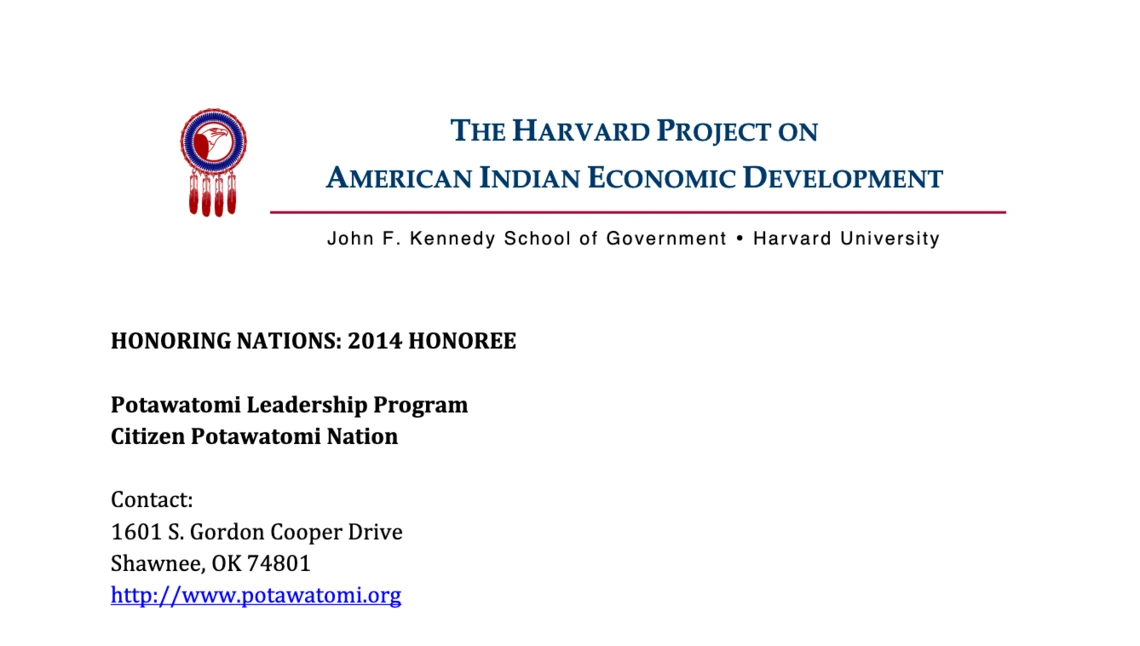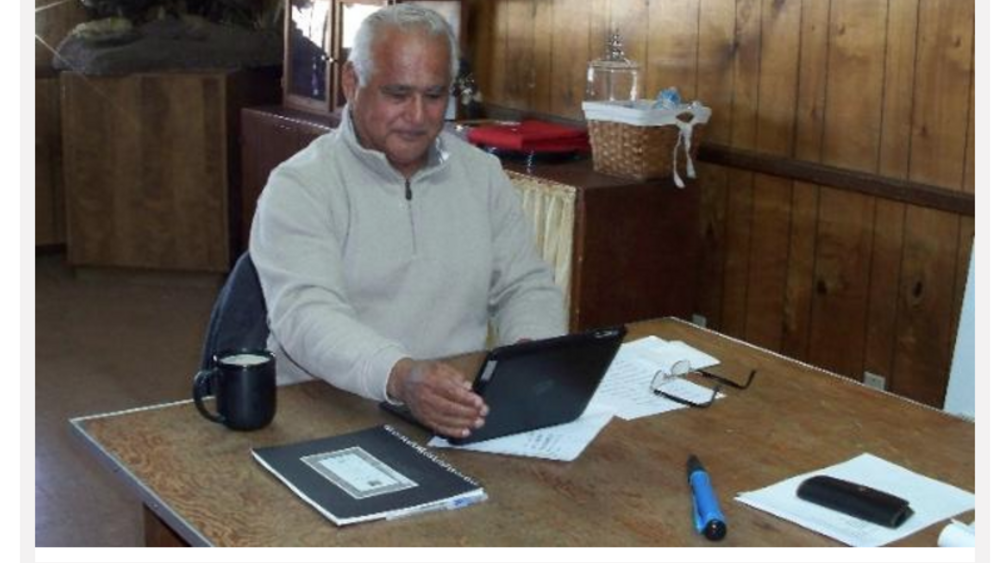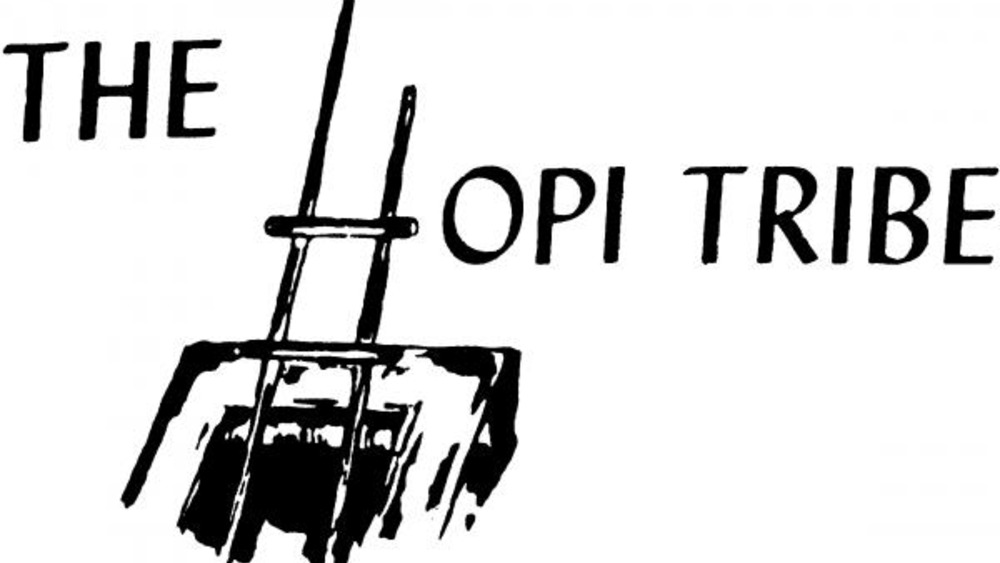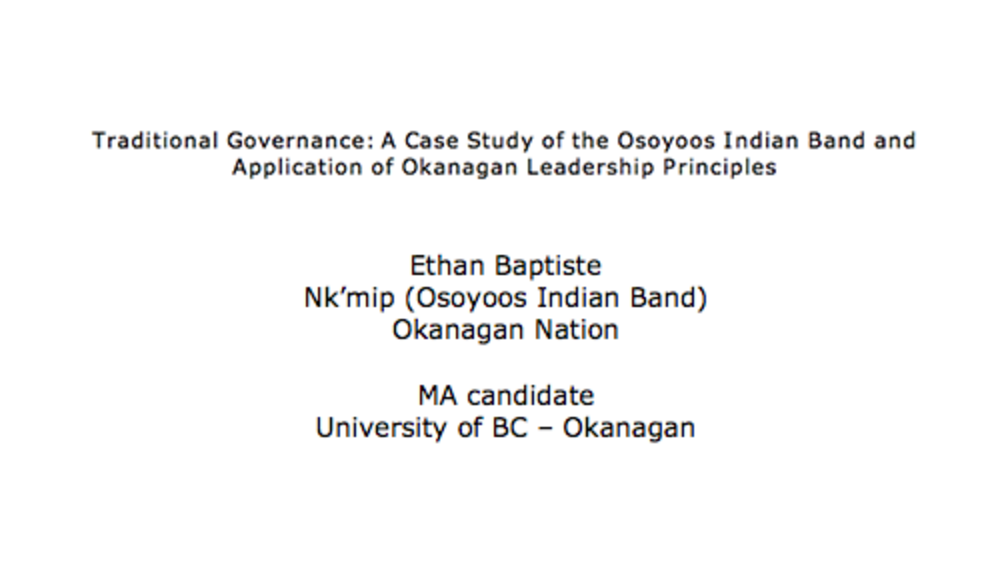Proud of the increasing number of citizens pursuing college degrees, the Citizen Potawatomi Nation (CPN) leaders became concerned that their talented students were not getting enough education in what it means to be Citizen Potawatomi. To nurture the nations’ future political leadership, the tribe launched the Potawatomi Leadership Program, which gives students an unforgettable “crash course” in CPN government, economy, and culture. In doing so, program graduates are armed withthe cultural and political knowledge they need to become the leaders they were born to be.
Additional Information
"Potawatomi Leadership Program." Honoring Nations: 2014 Honoree. Harvard Project on American Indian Economic Development, John F. Kennedy School of Government, Harvard University. Cambridge, Massachusetts. 2011. Report.




